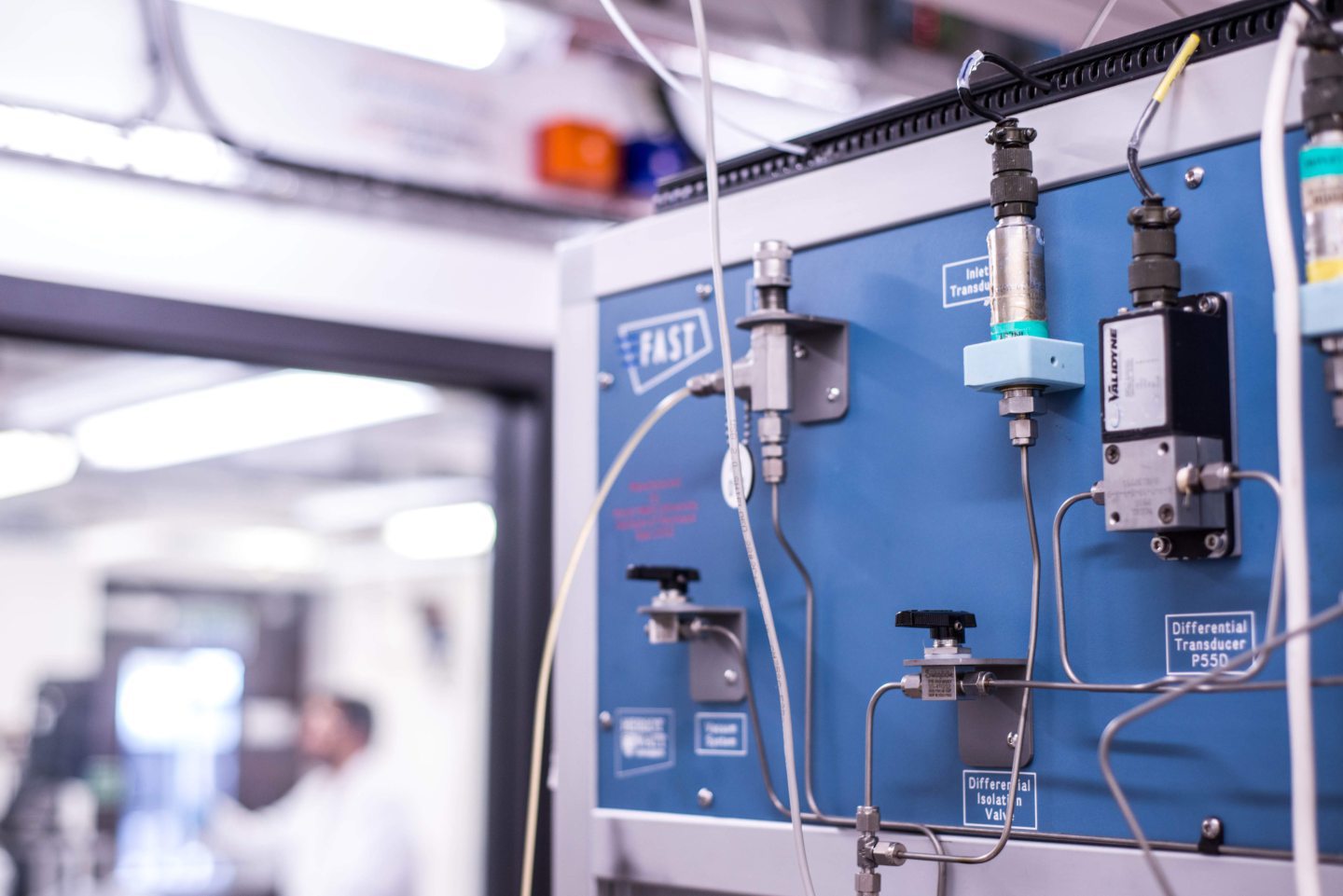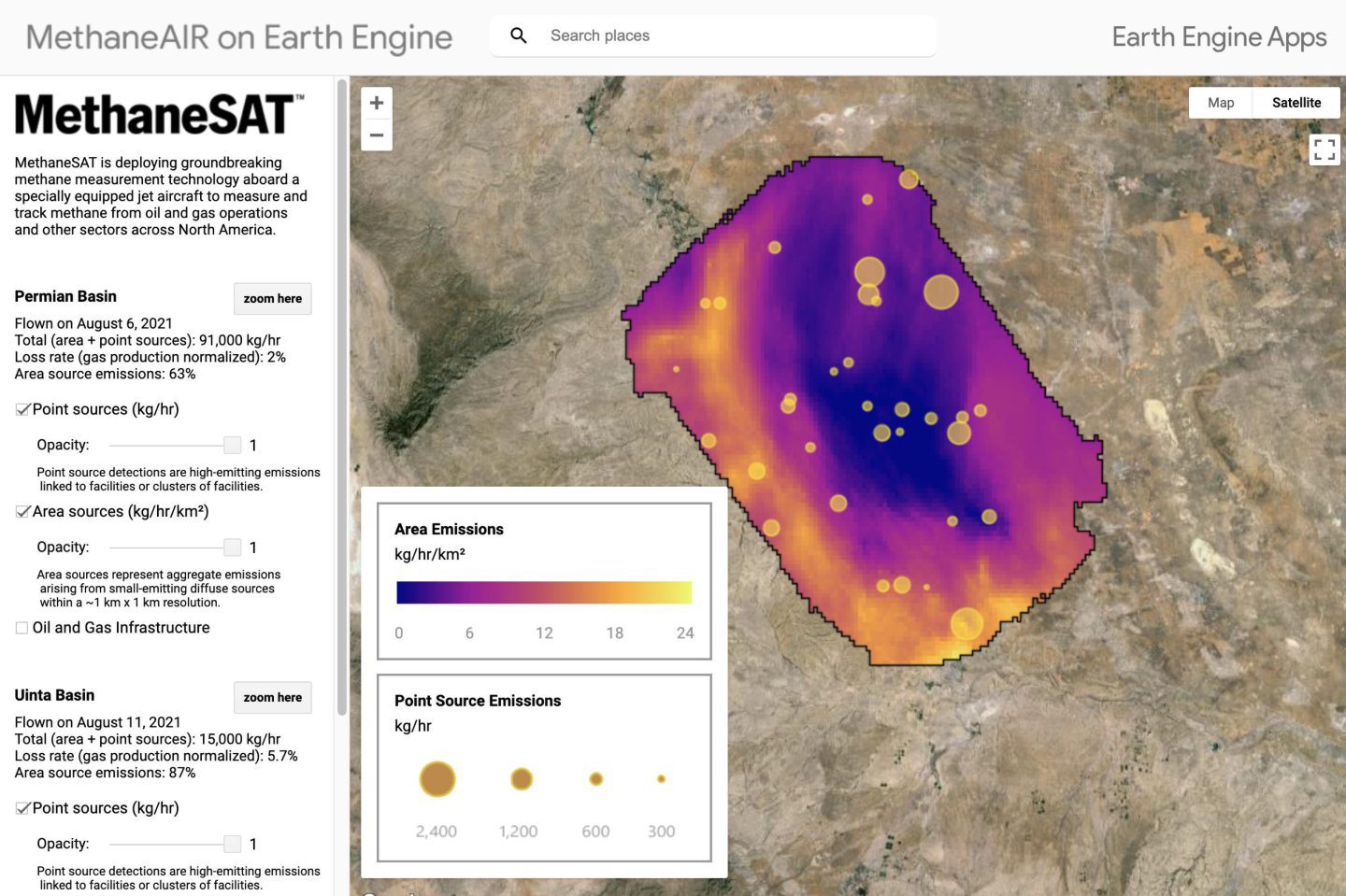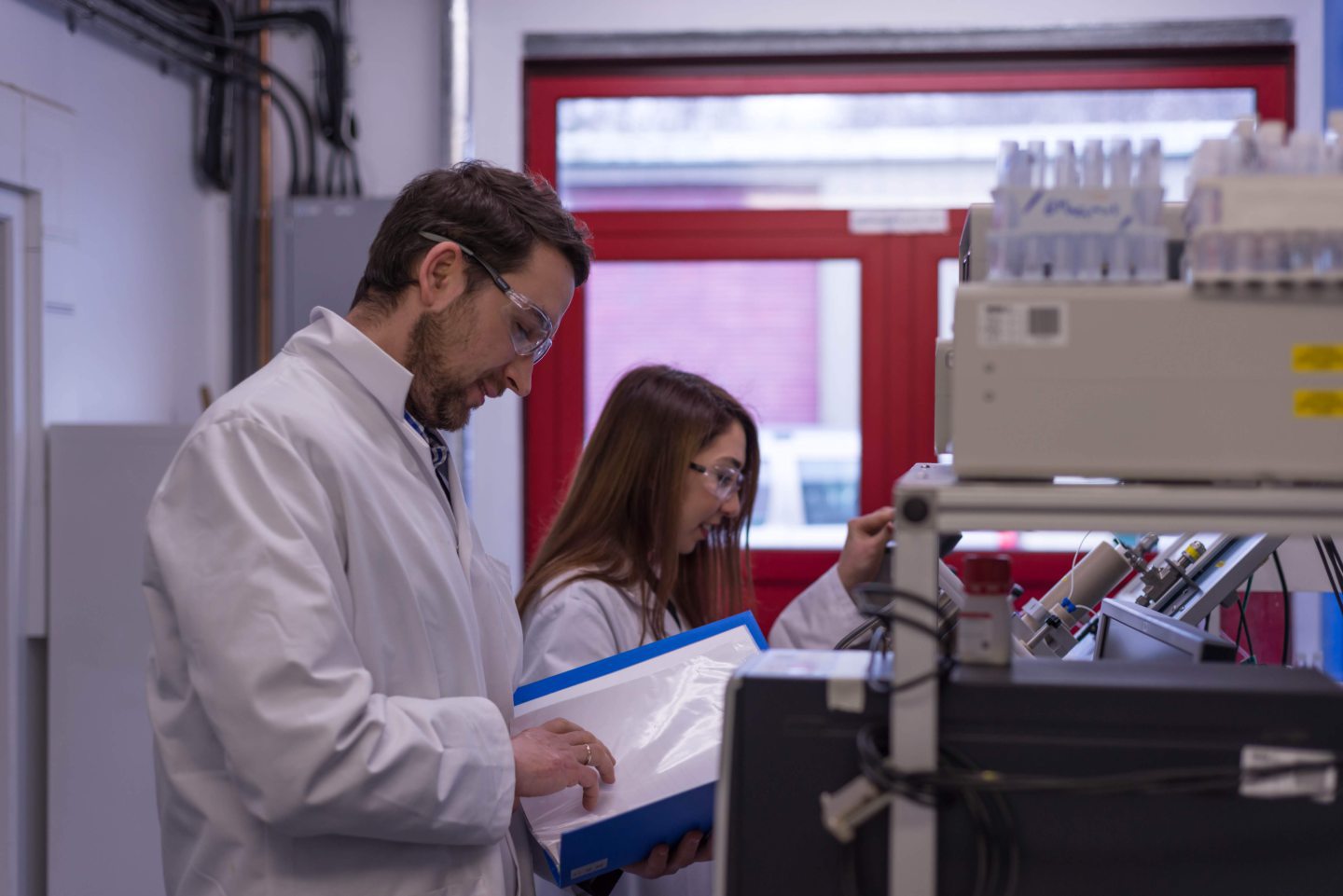
Scotland’s Heriot-Watt University has unveiled ambitions plans to help seal 100,000 methane-leaking wells over the next decade using a chemical injection technology.
Heriot-Watt said the technology could potentially prevent millions of tonnes of greenhouse gas emissions being released into the atmosphere.
It uses a fast and efficient chemical injection method which transforms permeable rocks into a solid, permanent store of methane.
The project will be led by Rockit, a clean tech initiative developed at the university.
The university said its solution can infiltrate even the smallest pores and cracks where existing methods fall short.
This can offer a more comprehensive and effective sealing method for both shallow onshore and deeper offshore wells.
Rockit expects its technique will lock in toxic and greenhouse gases deep underground for thousands of years.
Based in Edinburgh, Rockit is part of the Scottish Enterprise High Growth Spinout Programme, securing £75,000 in funding.
Methane emissions
According to the International Energy Agency, methane has more than 80 times the warming power of carbon dioxide over a 20-year period.
The UN estimates that cutting methane emissions by 45% by 2030 could help meet the Paris Agreement’s goal of limiting global warming to 1.5 degrees.
Despite widespread knowledge of the harmful effects of the gas, methane emissions from the fossil fuel sector reached near record highs last year.
North Sea operators launched a plan to cut emissions in 2021, which amount to around 3% of total UK emissions.
But the North Sea Transition Authority (NSTA) regulator has expressed disappointment at the pace of progress.
In response, the NSTA has stepped up fines for breaches in recent years and called for more investment in electrification and monitoring technology.
Meanwhile in the US, oil and gas firms must slash methane emissions by roughly 80% to meet major industry decarbonisation targets.
The lack of progress has led environmental groups to launch methane monitoring satellites in a bid to hold super polluters accountable.
Rockit methane technology
Heriot-Watt said the Rockit technology could also have broader applications beyond prevent methane leaks, including enabling carbon and large-scale hydrogen storage.
Heriot-Watt school of energy, geoscience, infrastructure and society lead researcher Dr Oleg Ishkov said the Rockit tech will dramatically speed up well plugging.
“Using existing methods, research suggests it would take over 300 years to plug millions of at-risk wells on the planet,” he said.
“Our technology offers a radical new solution by transforming porous rocks into impermeable barriers, locking harmful gases underground for millennia.”
Dr Ishkov said the Scottish Enterprise funding will also help bring onboard SAS Environmental chief executive Mark Zwinderman and Weatherford International ex-vice president Laurence Ormerod to drive the commercialisation of Rockit.
The initiative won the 2023 Converge Net Zero Challenge and forms part of the university’s global net zero research institute iNetZ+.
 © Image: Heriot-Watt University
© Image: Heriot-Watt University © Supplied by Google Earth Engine
© Supplied by Google Earth Engine © Supplied by Heriot-Watt Universi
© Supplied by Heriot-Watt Universi